In almost every philosophy and religion of Asia, the mystic or spiritual component is but a regular feature, though this characteristic varies according to the tendency of infusion between the mundane state and the super – mundane one. The propositions of Quran bear a greater significance – this firm belief of the great personalities of Islamic community has not developed from the desire to ignore the rigidity of the theory of Quran. On the contrary it has developed from a firm belief that the sentences of Quran bears a deeper and greater significance than the popular interpretations. This very belief, that the deep realisation of spiritual life has been developed from the teachings of Quran and is consistent with it, has given birth to a spiritual and mystic philosophy and that is Sufism. The Growth and development of mysticism in Islam was noticed first in two Islam – dominated localities, i.e. – ancient Khorasan and Mesopotamia. The seekers of truth as well as the wise ones of Muslim community belonging to these two places came in contact with Indian mysticism. During the Muslim invasion, the entire Khorasan was decorated with Buddhist Bihars and Hindu temples. The description of Hu-en-sang supplies us with this information. There were centres of education in Mesopotamia, Damascus, Baghdad etc. The Hindu scholars were used to teach there Indian science and Hindu Yogis were used to be involved in debate with the Muslim scholars. The Hindu Physicians, Astrologers and Scientists were generally invited to Bagdad. From the period the patronisation was noticed in promoting the translation of the original Sanskrit works. Thus monotheism and practical application of discipline of yoga was introduced in the belt of Sufism of Middle-East.
Siddhantalesa-Samgraha: A Study
$13.50
$15.00

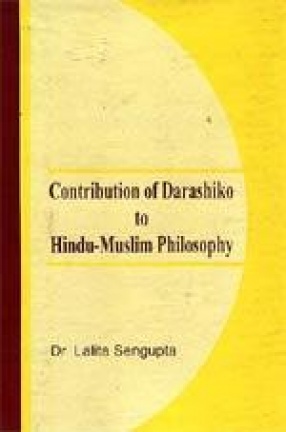
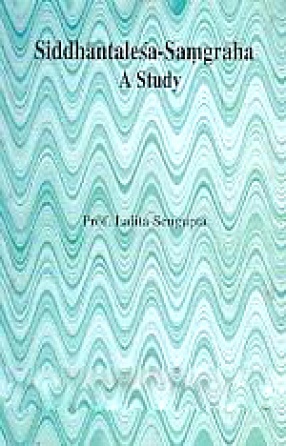
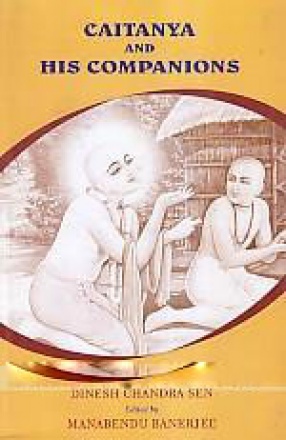
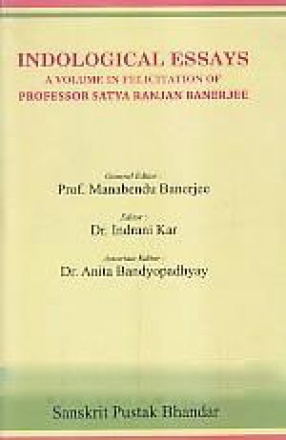
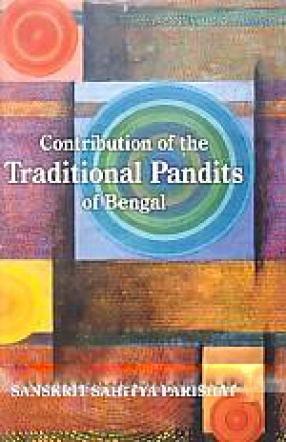
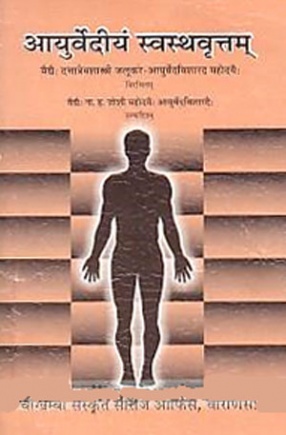

There are no reviews yet.